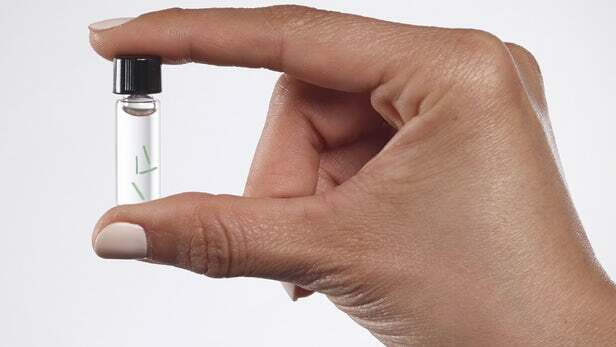- Health Is Wealth
- Posts
- Health surveillance implants will soon become a reality
Health surveillance implants will soon become a reality
In recent years, Profusa Inc has developed tiny biosensors that are injected under the skin. These health monitoring implants provide the user with information via their smartphone.
The technology used for these health monitoring implants has recently been approved for commercialization in Europe. The United States should follow.

Each sensor is smaller than a grain of rice and is made from a hydrogel based on a polymer commonly used for soft contact lenses.
Due to their small size, great flexibility and the absence of unnatural flat surfaces, the sensors are not recognized by the immune system as foreign bodies. The sensors then remain active for months or years. The first sensors implanted in human subjects continue to operate, four years after their implantation.
To "read" them, users use a portable detector or an adhesive electronic patch, which projects infrared light through the skin. This causes the dye molecules to fluoresce. The degree to which they fluoresce is determined by the relative concentrations of certain biochemicals in the body. Different types of dye molecules react to different chemicals, such as oxygen, carbon dioxide, glucose, or lactate.
The detector / patch measures the amount of fluorescence emitted by the sensor, and wirelessly transmits the data to an application on the user's smartphone. This app analyzes the data, compares the current chemical concentrations, and then indicates if there are any health problems.
In Europe, sensors are already used to monitoring tissue oxygen levels in patients treated for peripheral arterial disease; which can lead to amputations if nothing is done. The technology is also being tested in a clinical trial at the University of California to monitoring oxygen levels in patients with chronic foot sores.
The latest research on Profusa sensors was presented at the 255th National Meeting of the American Chemical Society.
AB SMART HEALTH REVIEW